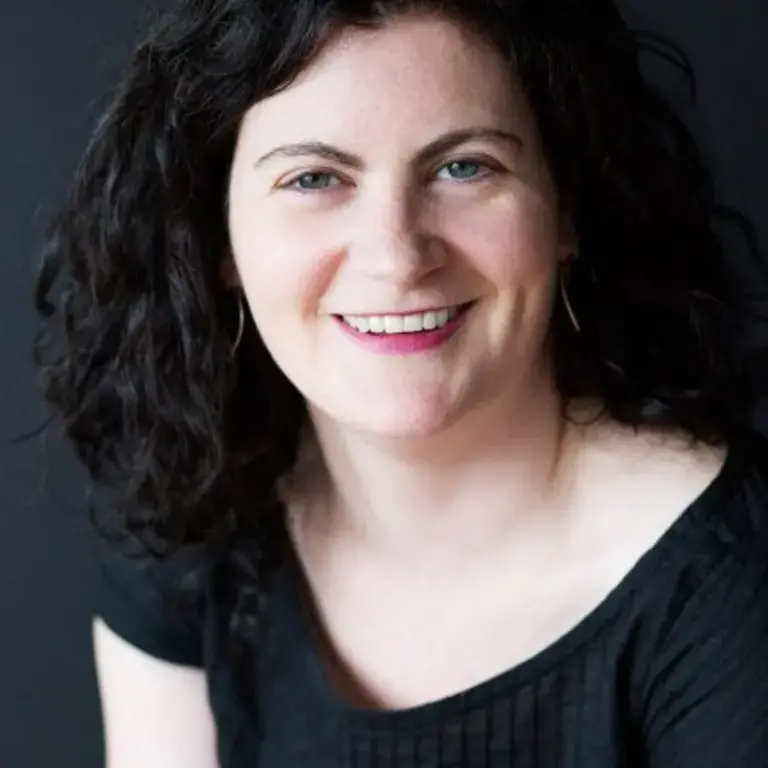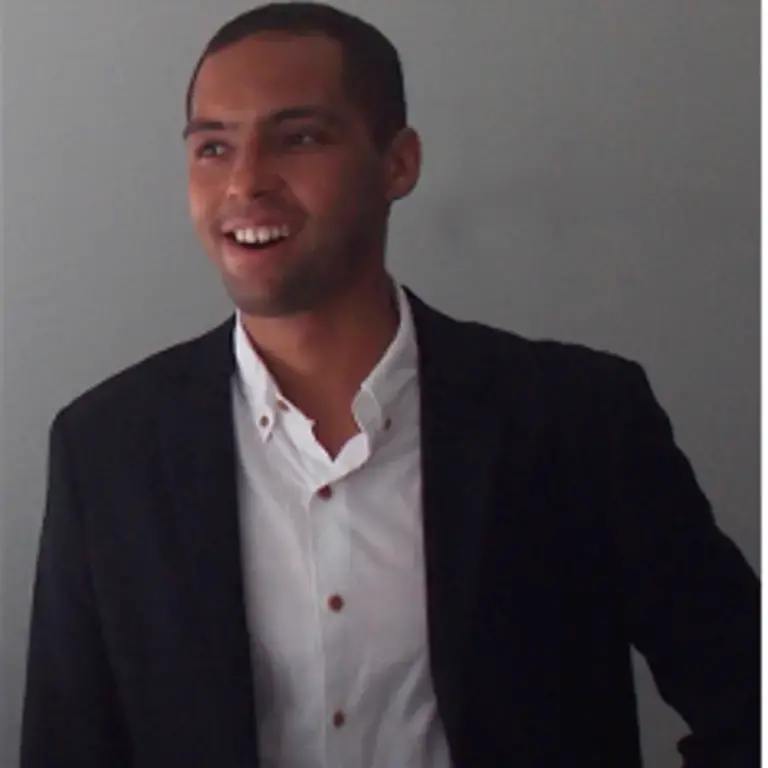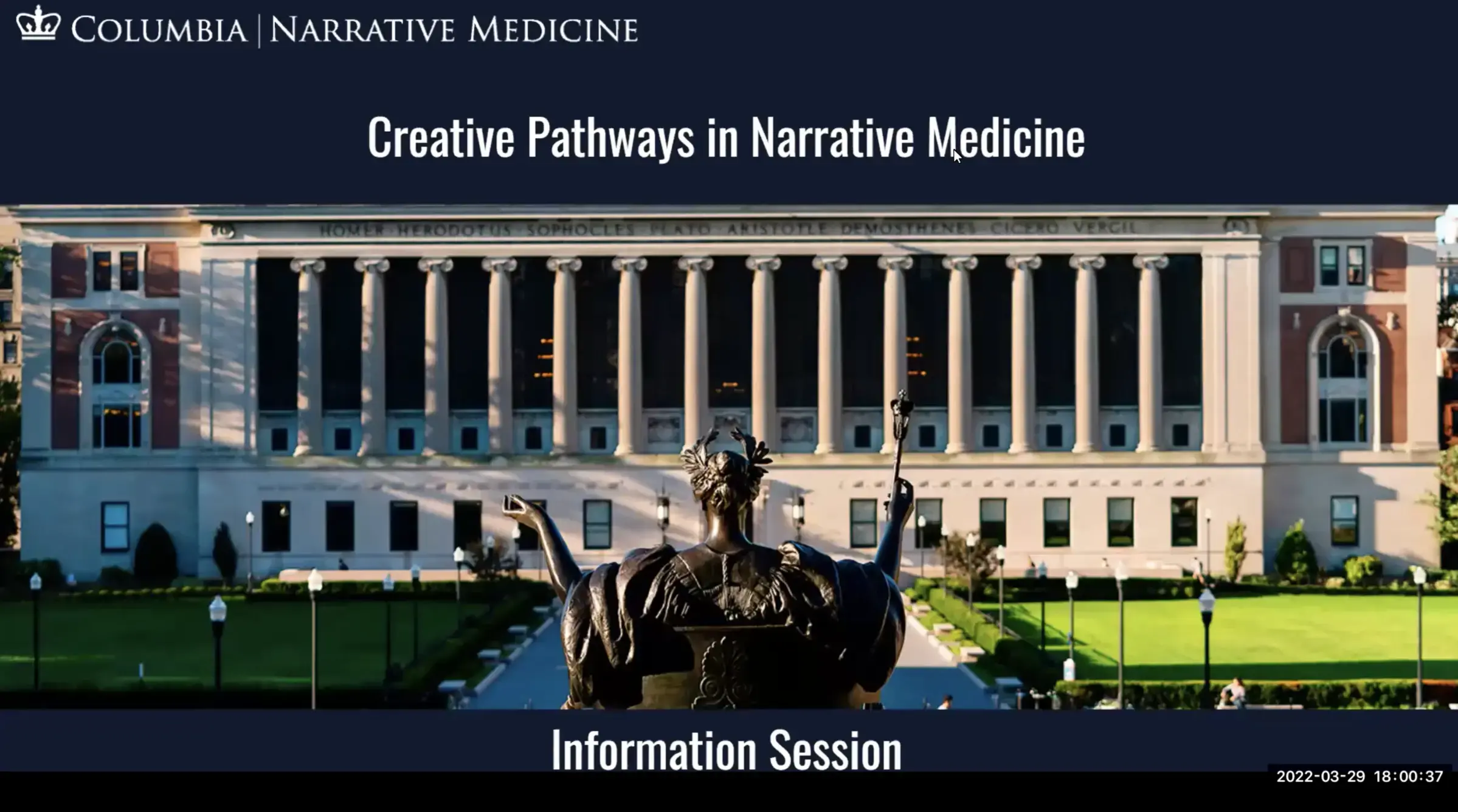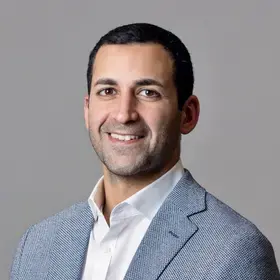Faculty and graduates of the Columbia University Master of Science in Narrative Medicine program reflect on their creative journeys and the ways in which narrative medicine continues to shape their personal and professional lives. They describe how the lessons of the program have manifested in their work, which ranges from screenwriting to podcasting to founding their own companies.
Nellie Hermann is a lecturer and creative director of the Master of Science in Narrative Medicine program. She is among those who have guided the mission and vision of the field since its inception. Her books include The Season of Migration and The Cure for Grief, and she has brought her skills and experience as an author into the classroom, where she teaches medical students, clinicians, and narrative medicine students the art of creative writing. She has seen the potential for narrative medicine to carve out creative pathways in various professions and how the lessons of the program can be applied outside the clinical space.
The courses are very intense and rigorous, but the stuff you're being asked to read and think about is always very deep and very enriching. Without a doubt, the work you do in the program enriches your life. I hear from students that the reading is complementing their work, no matter what their work may be.”
Nina Lorez Collins, ’14SPS, came to narrative medicine with the intention of writing a memoir about her mother who passed away when she was young. As she worked her way through her courses, her ambitions shifted, and she decided to pursue her interest in the stories of women during moments of transition and loss, specifically those of death, divorce, illness, and aging. After reading Virginia Woolf in the program, Collins went on to write the book What Would Virginia Woolf Do?, which reflects on her midlife experiences. She is now the Chief Creative Officer of the company Revel, a community for women over forty committed to rewriting midlife. Collins listens to people’s stories every day while practicing the strategies she learned at Columbia.
There's so much about witnessing and receiving and about communication and healthcare. It's also very much how we talk, how we learn to witness and tell stories and that's so applicable in every setting, not just the medical one.”
Jase Miles-Perez, ’15SPS, found himself discouraged by the film industry when he entered the business after earning his undergraduate degree. Upon entering the Narrative Medicine program, he found a sense of community and purpose. He also discovered the potential of storytelling to transform healthcare. Miles-Perez completed a narrative medicine fellowship in which he visited refugee search and rescue boats in the Mediterranean and Aegean seas. Miles-Perez interviewed boat crews, refugees, and medical workers, using writing as a tool to process what he witnessed. The script he produced that summer became the sample that earned him his current role as a writer on the television show Grey’s Anatomy.
Being in the Narrative Medicine program, I really rediscovered a lot of my creativity that I felt got pummeled when first going into the movie business. I was more creative than I expected in the Narrative Medicine program and wound up reinspired to go into the arts and filmmaking.”
Watch the entire video here:
Read more about the Master of Science and Certificate of Professional Achievement in Narrative Medicine.
Interested in attending an upcoming Narrative Medicine event? Click here.






